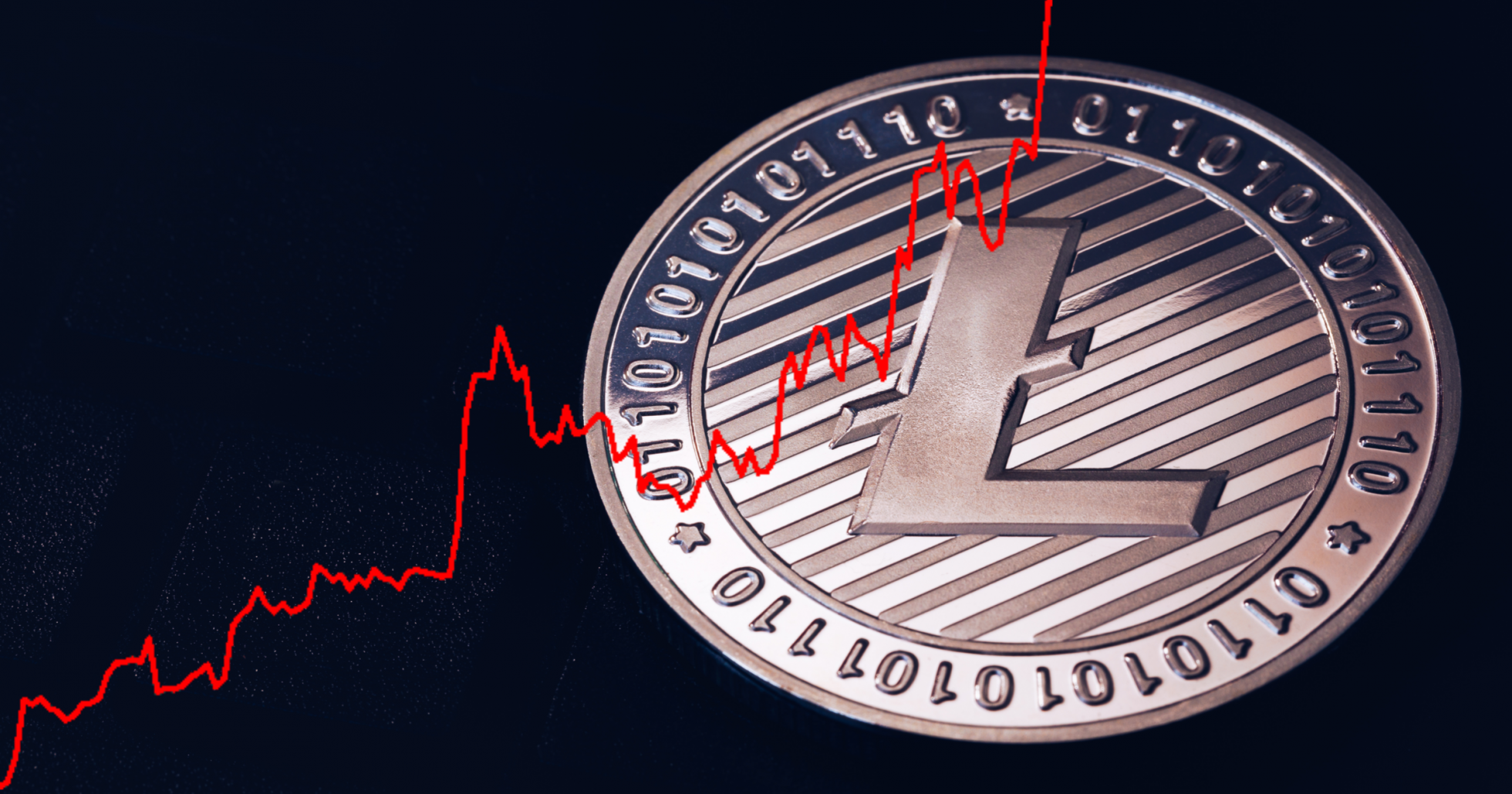Bitcoin is a type of digital money that plans to dispose of the requirement for central specialists like banks or legislatures. All things considered, Bitcoin utilises blockchain innovation to help distribute exchanges between clients in a decentralised organisation.

Bitcoin’s proof-of-work consensus system, which rewards cryptocurrency miners for validating transactions, authenticates transactions. Bitcoin (BTC) was the first and is still the most valuable asset in the emerging class of assets known as cryptocurrencies. It was launched in 2009 by a mysterious developer named Satoshi Nakamoto.
How does it function
Each coin addresses the worth of Bitcoin’s ongoing cost, however, you can likewise claim halfway portions of each coin. The littlest section of each Bitcoin is known as a Satoshi, imparting its name to Bitcoin’s maker. Each Satoshi is comparable to 100 millionth of one Bitcoin, so possessing partial portions of Bitcoin is very normal.
Blockchain
Blockchain is open-source software that powers Bitcoin. It organises transactions into “blocks” that are “chained” together to prevent tampering and creates a shared public history of those transactions. This innovation makes a super durable record of every exchange, and it gives a way for each Bitcoin client to work with a similar comprehension of who claims what.
Private and public keys
The public key and the private key in a Bitcoin wallet work together to enable the owner to initiate and digitally sign transactions. This opens the main capability of Bitcoin safely moving possession starting with one client and then onto the next.
Mining Bitcoins
Clients on the Bitcoin network check exchanges through a cycle known as mining, which is intended to affirm that new exchanges are steady with different exchanges that have been finished before. You won’t be able to use Bitcoins you don’t have or have already spent because of this.
How does it bring in cash
New Bitcoins are made as a feature of the Bitcoin mining process, in which they are presented as a worthwhile prize to individuals who work PC frameworks that assist in approving exchanges. Bitcoin miners otherwise called “hubs” are the proprietors of high-velocity PCs which freely affirm every exchange, and add a finished “block” of exchanges to the steadily developing “chain”. The subsequent blockchain is a finished, public and extremely durable record of every Bitcoin exchange.
Miners are then paid in Bitcoin for their endeavours, which boosts the decentralised organisation to check every exchange autonomously. Because the majority of miners must verify the authenticity of each block of data before it is added to the blockchain in a process known as proof-of-work, this independent network of miners also reduces the likelihood of fraud or the recording of false information.
Bitcoin advantages
The following are the advantages of Bitcoin:
Cost-effective exchanges and quick speeds
When you own Bitcoin, you can make moves whenever, anyplace, diminishing the time and expected cost of any exchange.
Privacy
Exchanges don’t contain individual data, for example, a name or Visa number. While it’s as yet conceivable to connect someone in particular to a specific wallet, exchanges are by and large more private than Mastercard exchanges, for instance.
Decentralisation
After the monetary emergency and the incomparable Downturn, a few financial supporters are anxious to embrace another option, decentralised cash. One that is basically outside the control of standard banks, overseeing specialists or other outsiders.
Development potential
A few financial contributors who purchase and hold the cash are wagering that once Bitcoin develops, more noteworthy trust and more far-reaching use will follow, and in this manner, Bitcoin’s worth will develop.
Bitcoin disadvantages
The following are the disadvantages of bitcoin:
Cost instability
While Bitcoin’s worth has risen emphatically throughout the long term, purchasers’ fortunes have differed generally relying upon the planning of their venture. For instance, buyers who made their purchases in 2017, when the price of Bitcoin was rapidly approaching $20,000, would not be able to make up their losses until December 2020. All the more as of late, Bitcoin’s cost started in 2022 at somewhat more than $47,000 per coin. Following an extreme year for cryptographic money, by and large, Bitcoin has drooped to its ongoing cost of just shy of $17,000.
Problems with hacking
While sponsors say the blockchain innovation behind Bitcoin is much safer than conventional electronic cash moves, there have been a few high-profile hacks. In May 2019, for example, more than $40 million in Bitcoin was taken from a few high-total assets accounts on the cryptographic money trade Binance. (The organisation covered the misfortunes).
Not safeguarded by SIPC
If a brokerage fails or funds are stolen, investors are covered by the Securities Investor Protection Corporation for up to $500,000; however, cryptocurrency is not covered by this insurance.
You can also find these articles helpful
Advantages and disadvantages of Bitcoin Diamond
Everything you need to know about the VebitCoin exchange
How does mining Bitcoin work?









